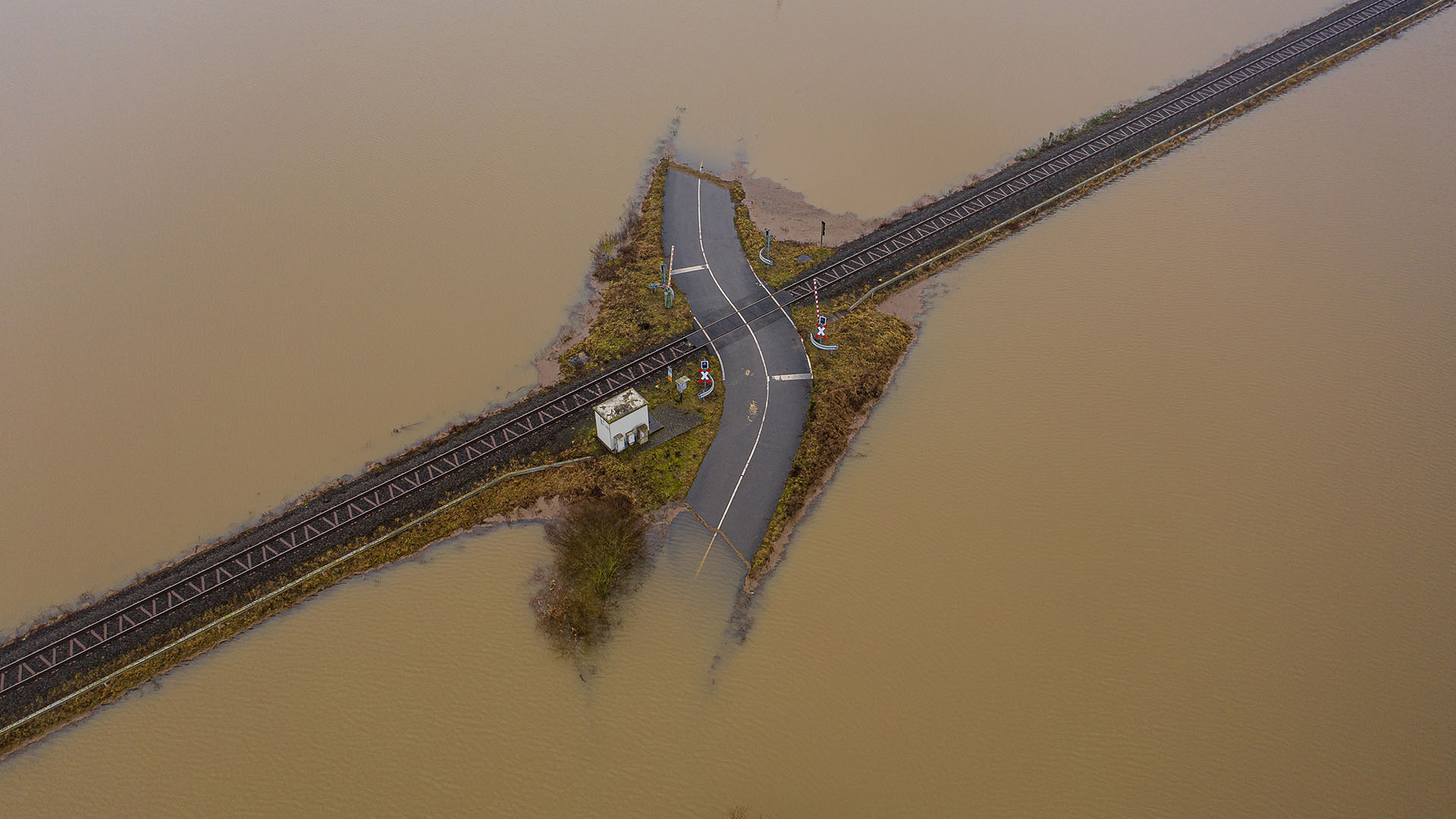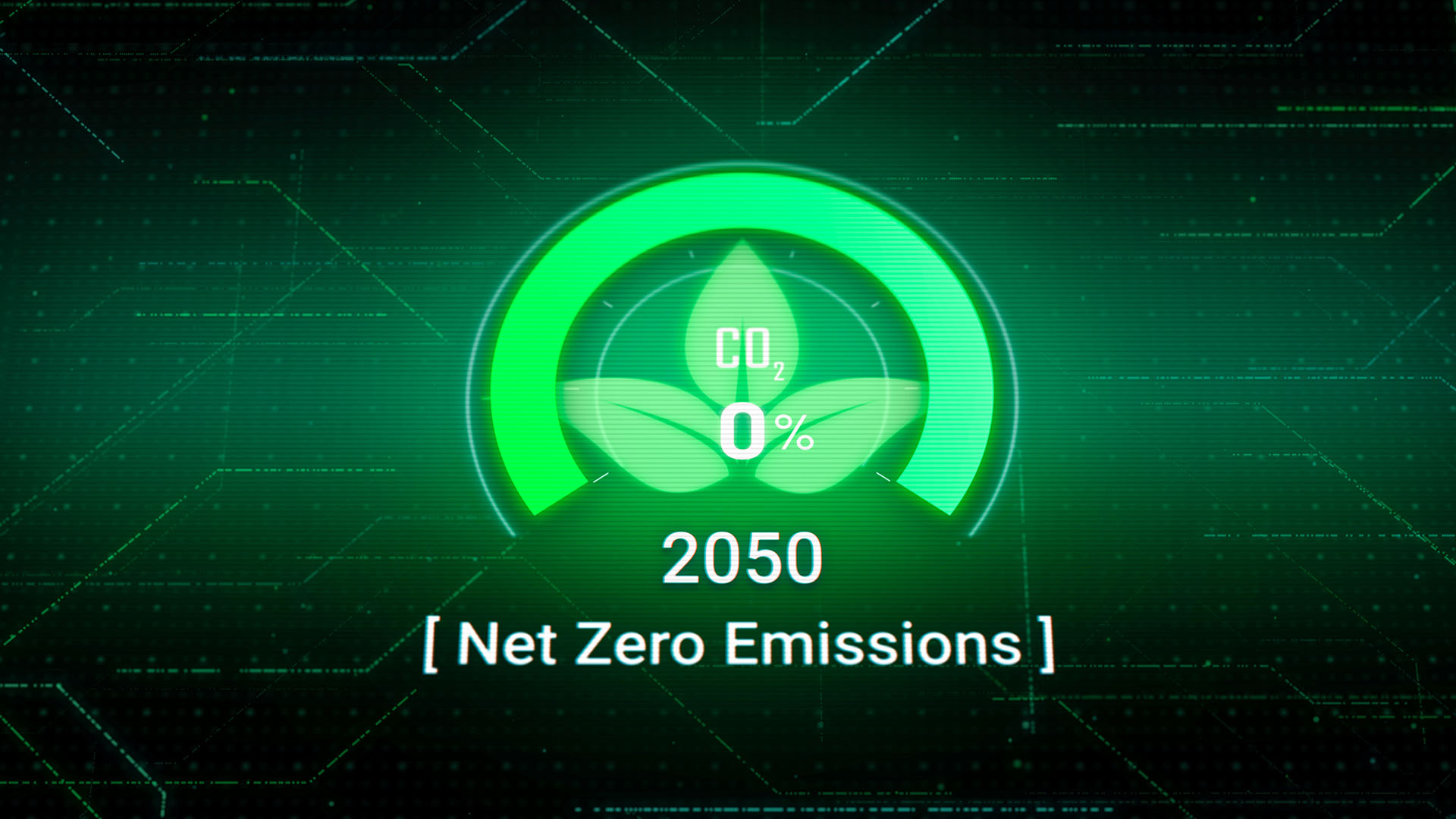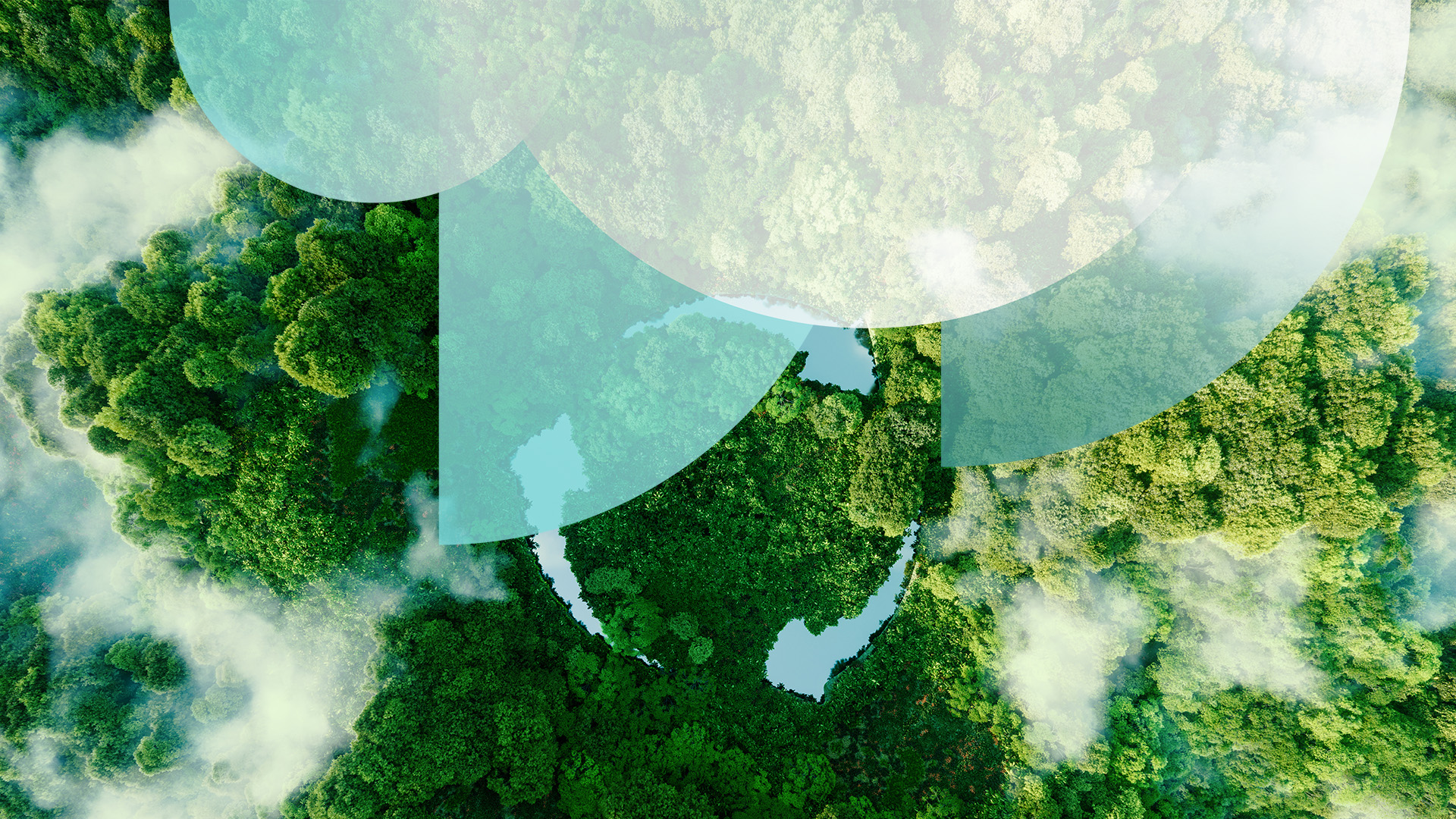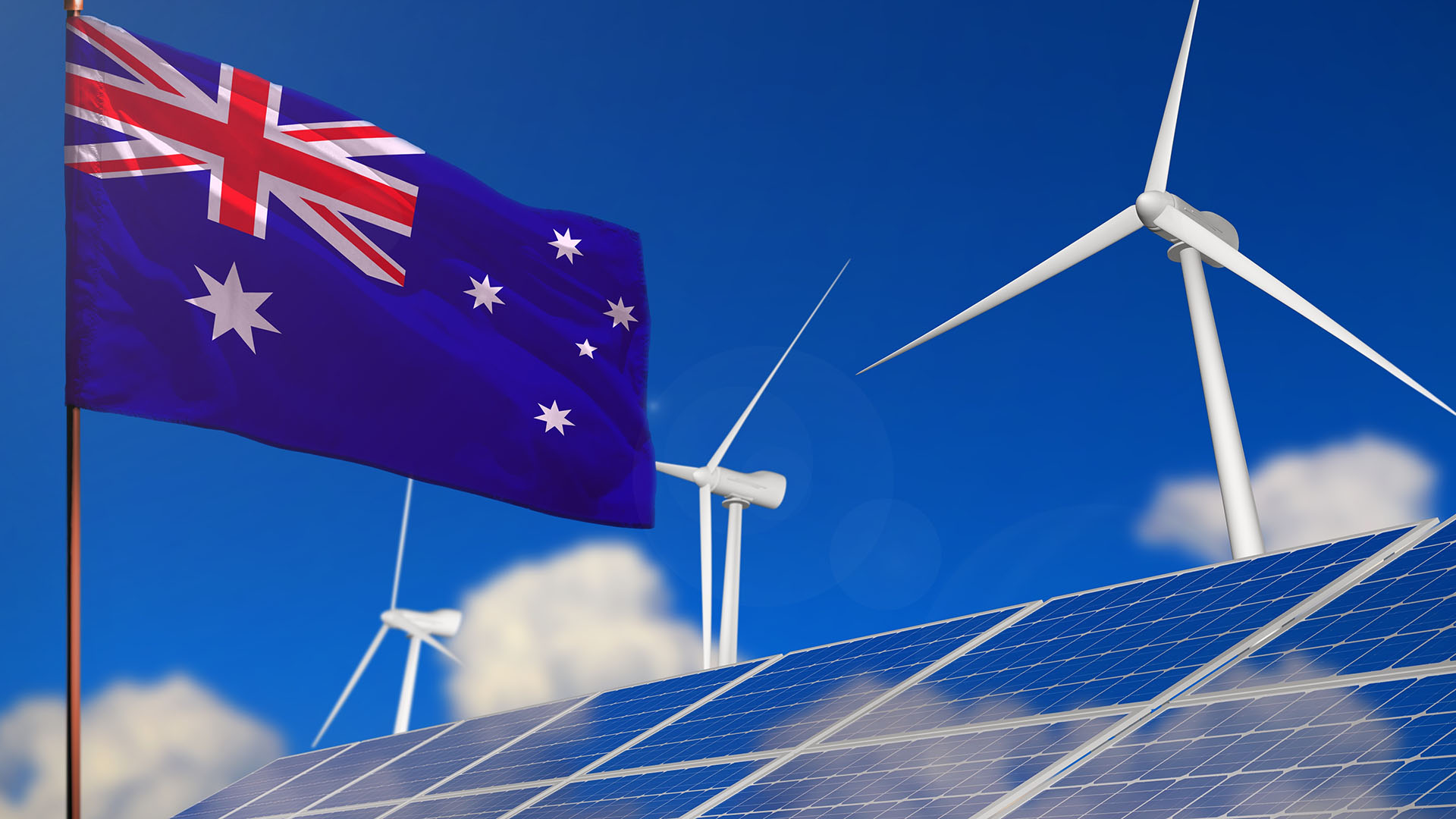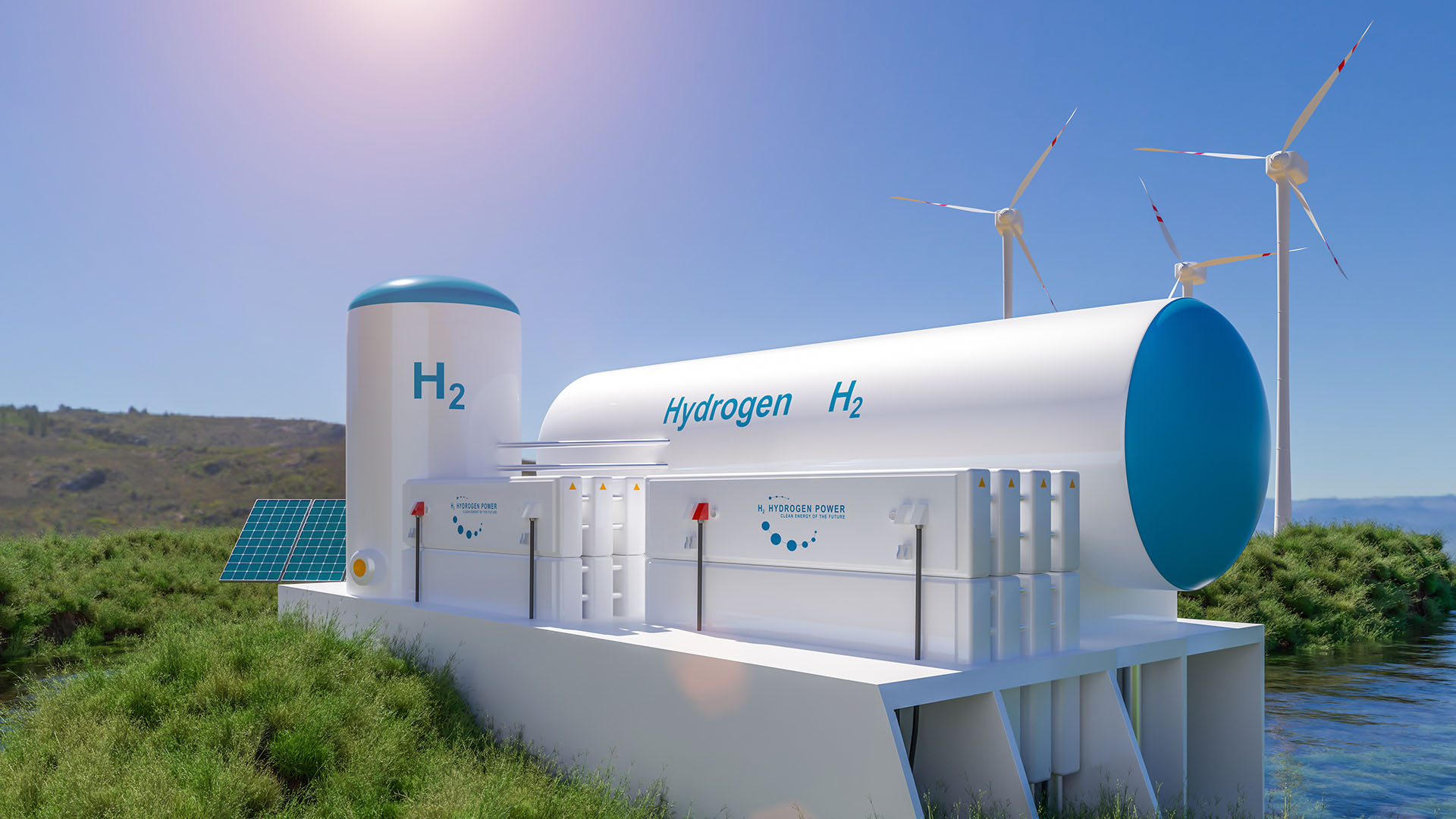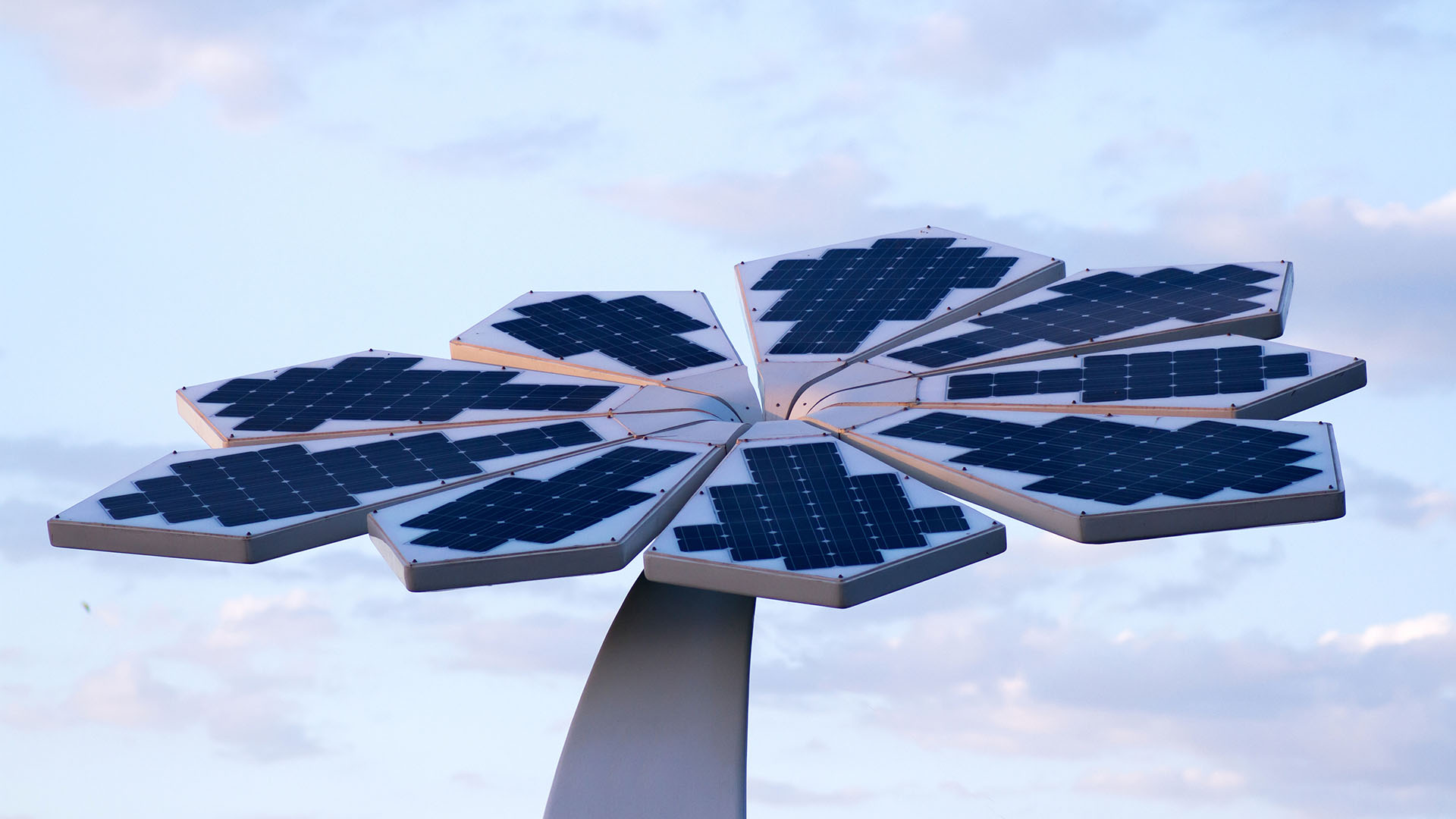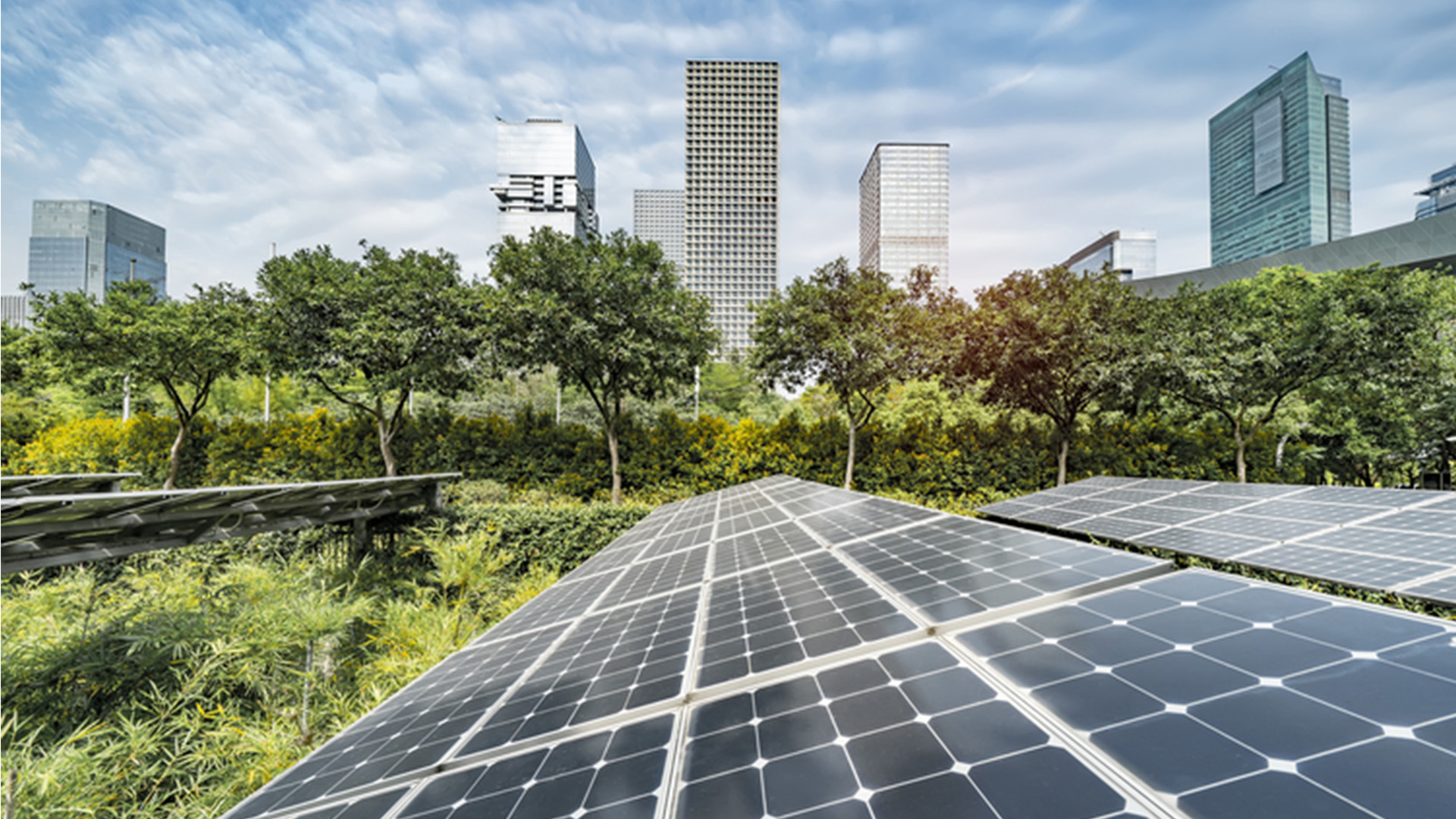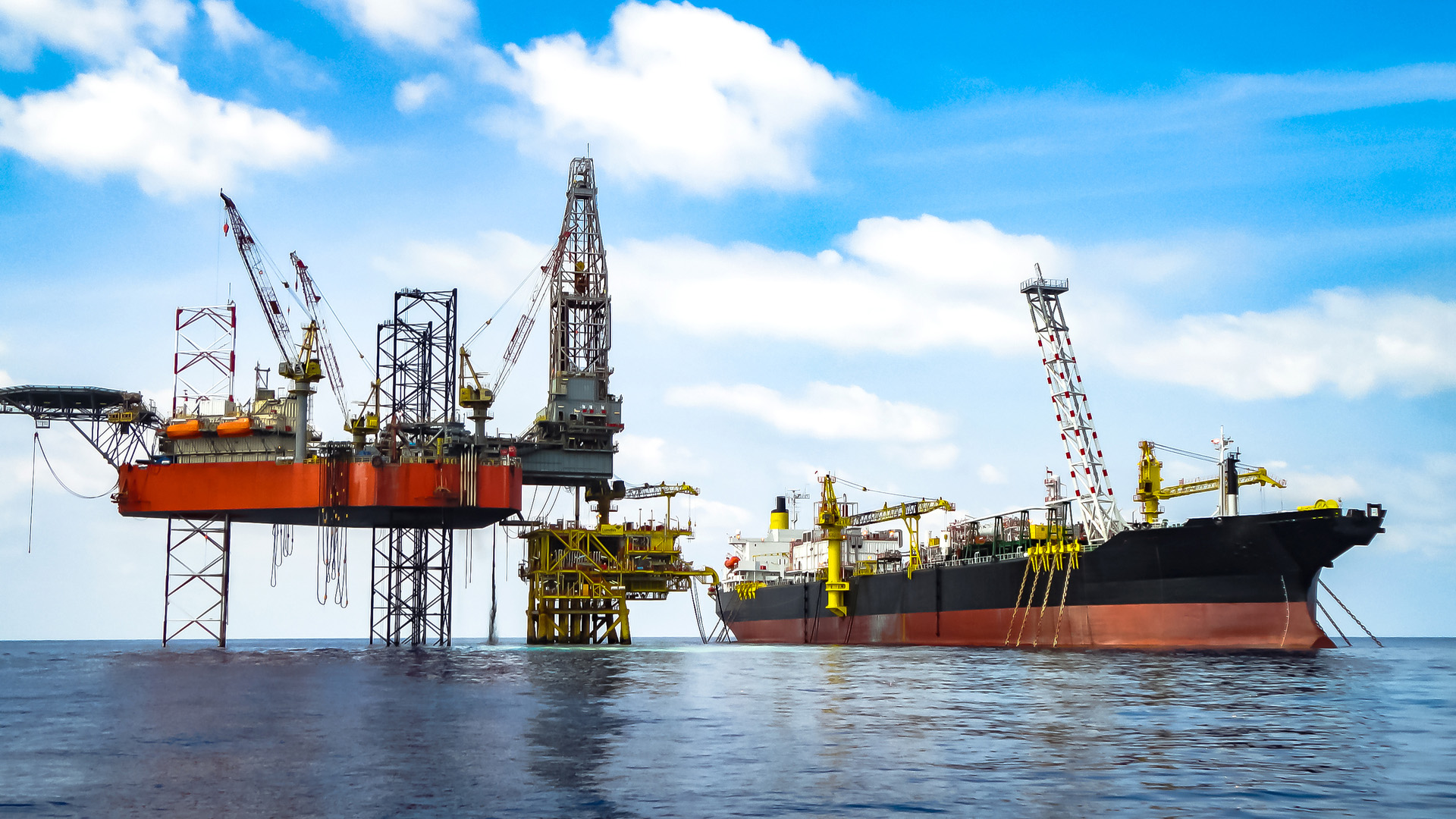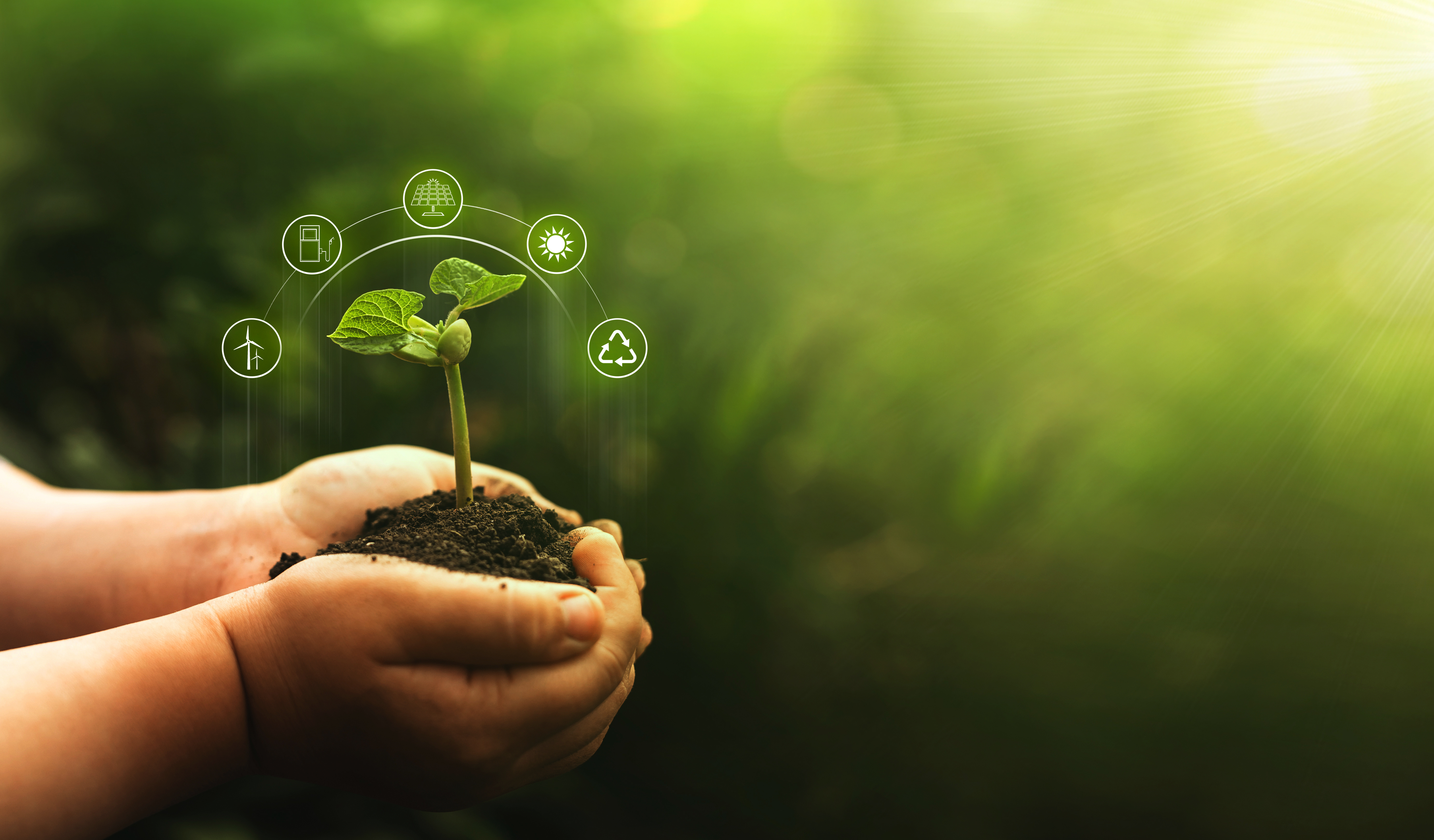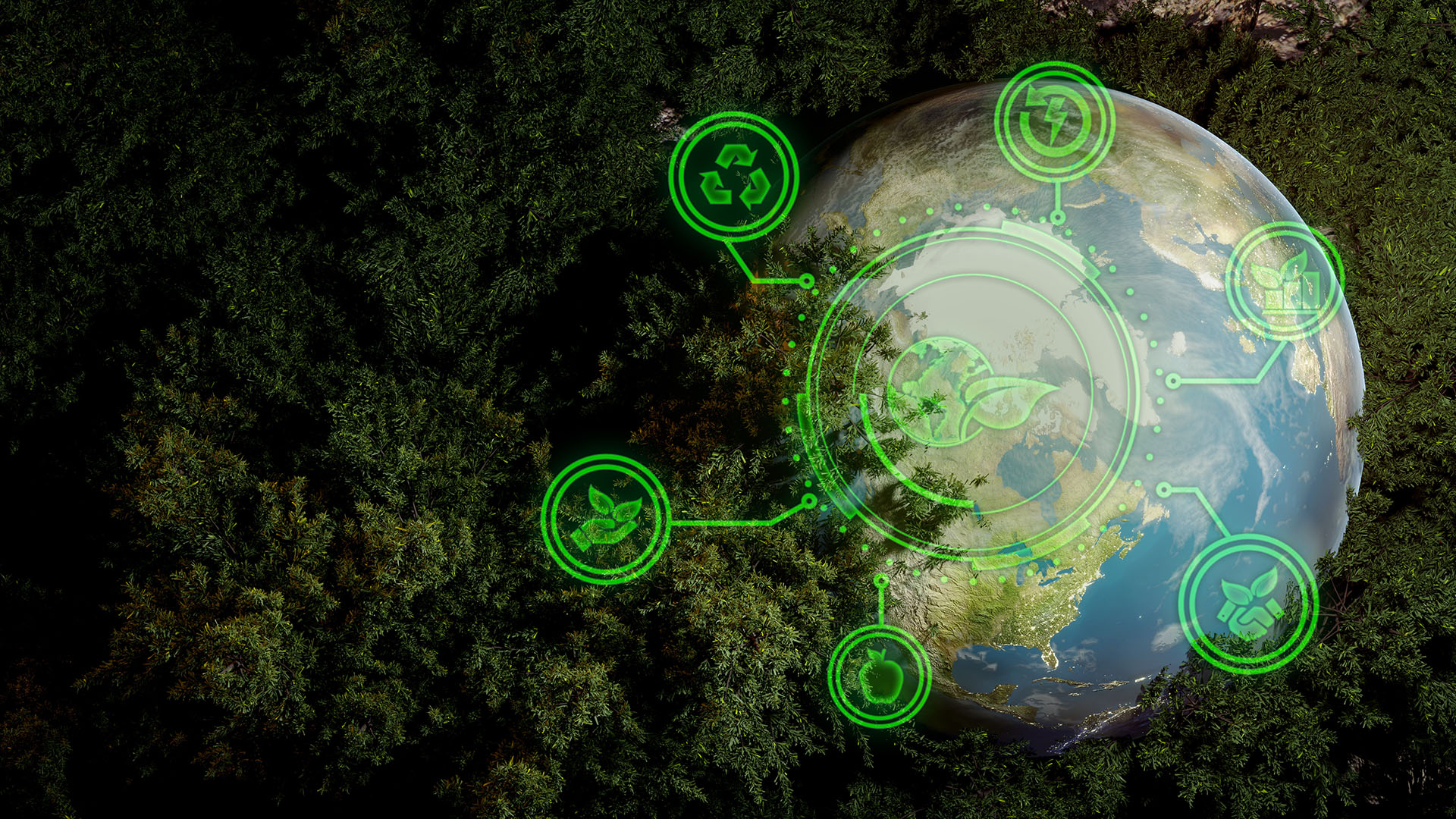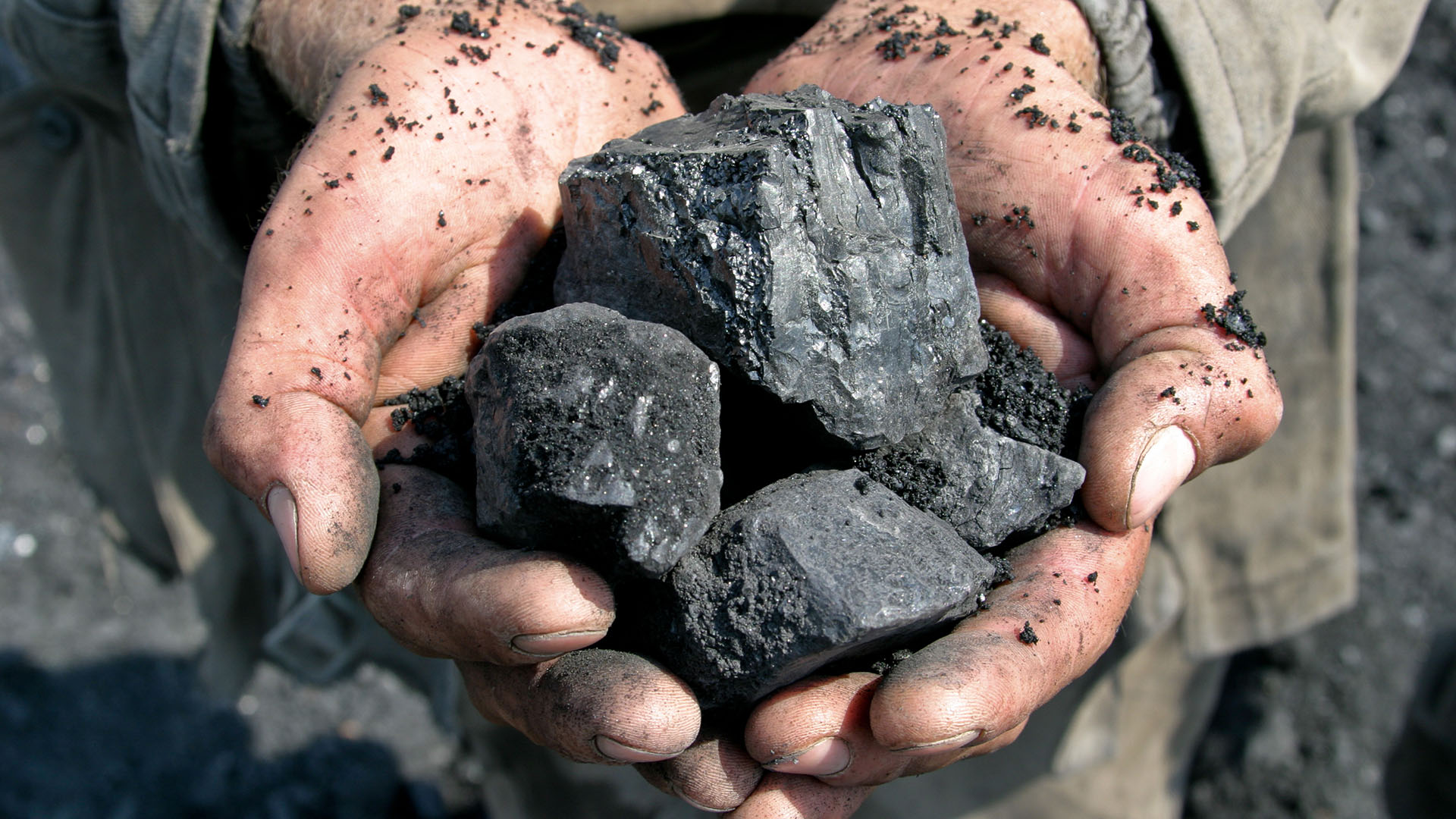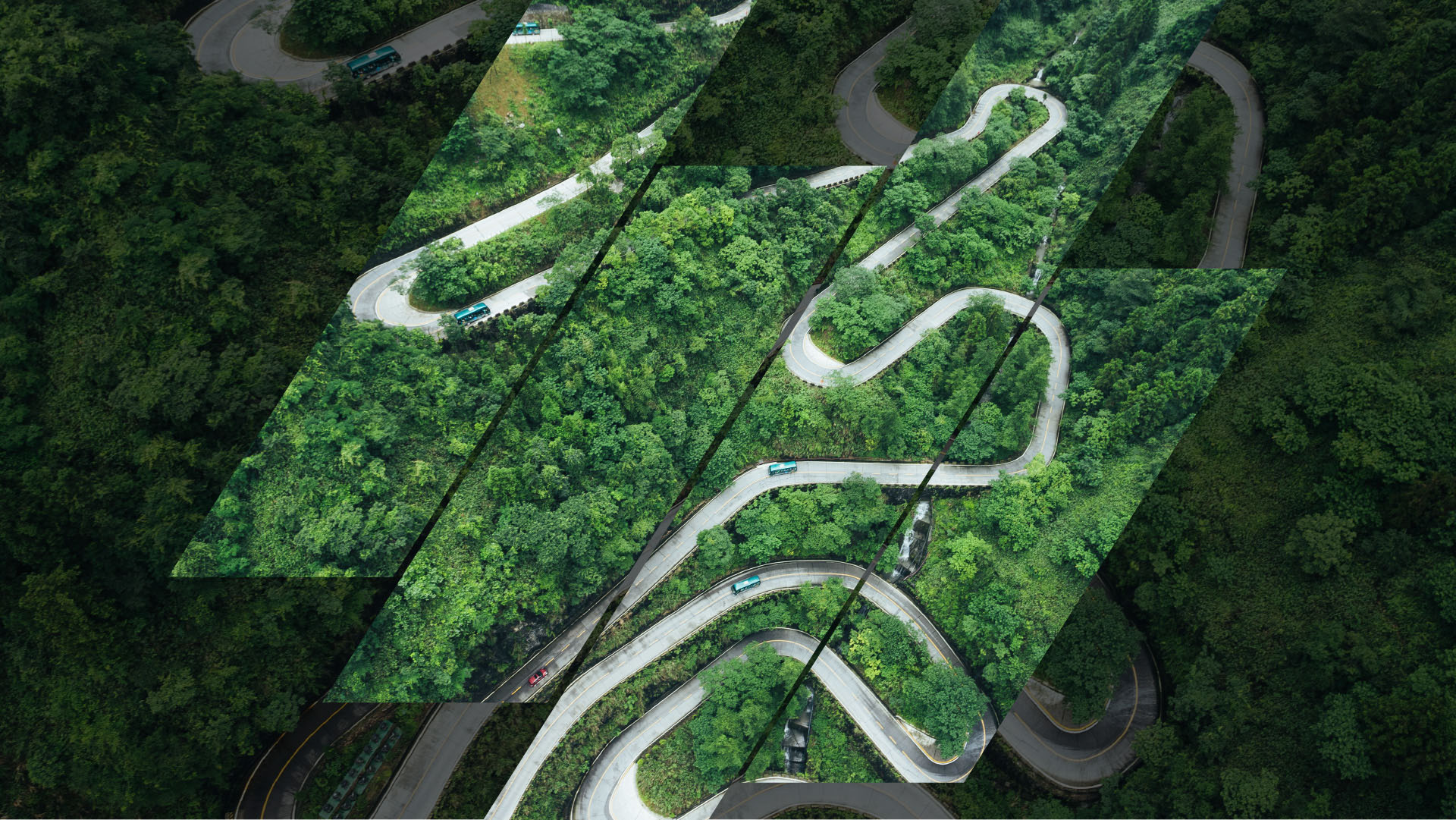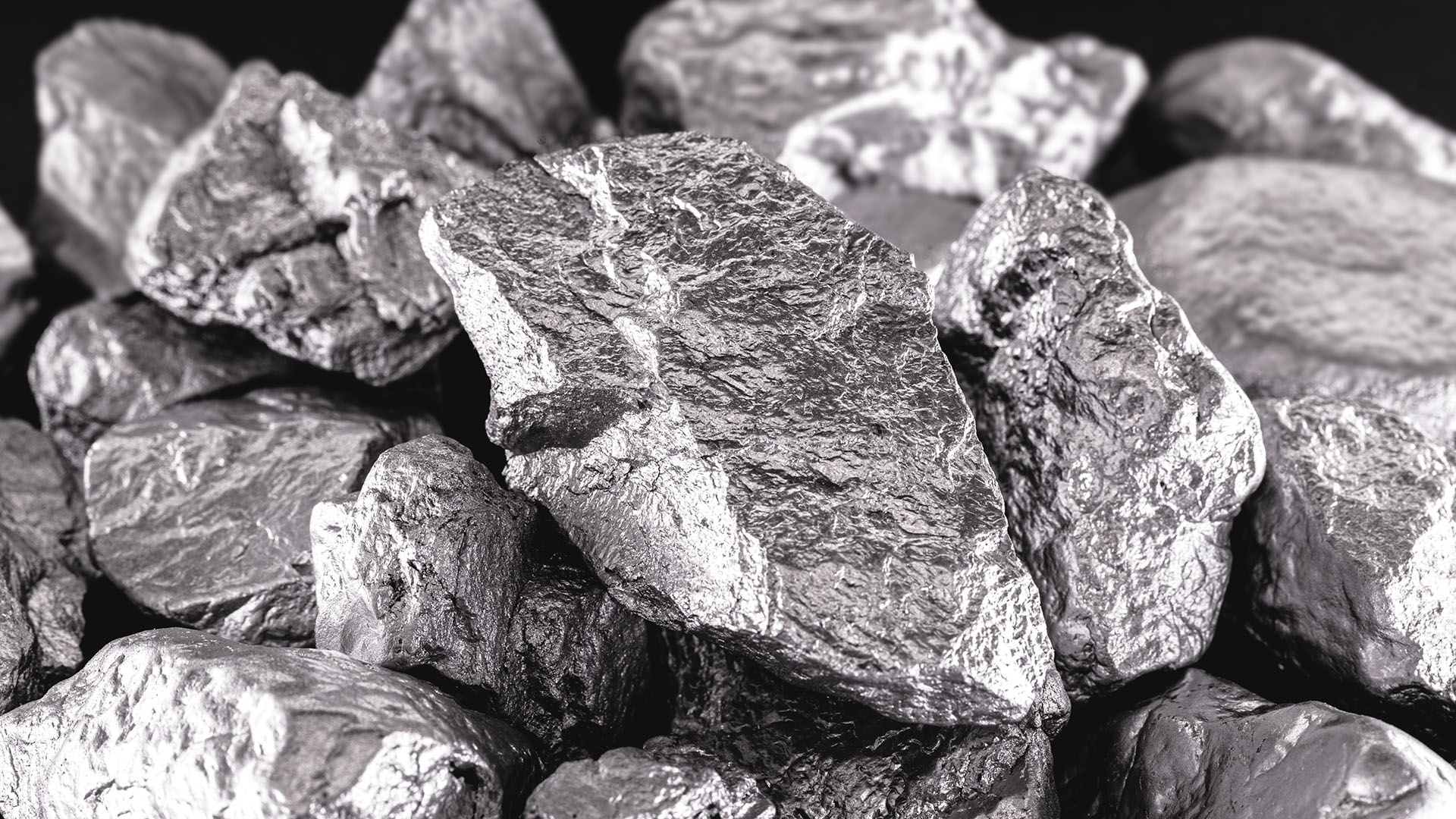
Achieving a just transition: Human rights and renewables
United States | Publication | June 2022
Introduction
With the transition to renewable energy, including wind and solar, businesses are transforming their corporate strategies, operations and supply chains to meet unprecedented demands for clean energy. At the same time, the renewable energy sector faces increasing criticism in connection with allegations of human rights abuses in the supply chain, most notably forced labour.
The legislative landscape is developing quickly in response to the increased perception of modern slavery in connection with the raw materials underpinning the renewable energy sector. Businesses that fail to implement due diligence measures to address these issues may compromise their “sustainable” reputation by turning a ‘blind eye’ to the human cost associated with the push for clean energy. This is likely to have commercial ramifications, as investors, customers and financial institutions continue to develop human rights-related requirements applicable to those with whom they do business.
What is modern slavery?
The International Labour Organisation estimates that approximately 40 million people are victims of modern slavery worldwide.1 The United Nations considers the term to refer to practices such as forced labour, the worst forms of child labour, debt bondage, forced marriage, human trafficking, and any situations of exploitation that a person cannot refuse or leave because of threats, violence, coercion, deception and/or abuse of power.2
How prevalent is modern slavery in the renewables industry?
Modern slavery is a significant risk present in the supply chains supporting wind, solar and rechargeable battery production. Some high-risk areas include:
- Cobalt – a key metal used in the manufacture of rechargeable lithium-ion batteries in electric vehicles and solar power storage (as well as mobile phones and laptop computers). This metal has been tied to the worst forms of child labour and forced labour practices. It is estimated that 35,000 children are working in artisanal mines in the Democratic Republic of the Congo (DRC),3 with some being as young as 7 years old.4 It is reported that 15-30 percent of global cobalt production is sourced from the DRC,5 and the men, women and children from predominantly economic migrant backgrounds are working without basic protective equipment.6
- Polysilicon – an essential component in solar photovoltaic manufacturing. Around 40-45 percent of polysilicon comes from the Xinjiang Uygur Autonomous Region (XUAR) in China.7 In the past 12-18 months there have been serious allegations of forced labor of the Uyghur population in the XUAR.8
- Copper – a necessity for wind and solar power projects. Some wind farms use between 4-15 million pounds of copper to function.9 The metal is also used in electric vehicles at two or three times the rate of those powered by a diesel or petrol engine.10 The Business and Human Rights Resource Centre has recorded at least 74 allegations of human rights impacts in relation to copper mining companies worldwide.11
What has been the legislative response to these risks?
There has been a global legislative response to improve environmental, sustainability and human rights due diligence, with a strong focus on value chain interrogation. Many jurisdictions have imposed due diligence or reporting obligations on businesses in relation to human rights risks in their operations and supply chains, including:
- The United Kingdom;
- The European Union;
- France;
- Norway;
- The Netherlands;
- Switzerland;
- Germany;
- Australia; and
- California
(New Zealand and Canada are amongst a number of other jurisdictions that are also currently developing similar mandatory reporting laws).
While these laws vary in scope, the due diligence regime jurisdictions require the development and implementation of a strategy for identifying and mitigating human rights impacts, and then reporting publicly on a periodic basis. The jurisdictions with pure reporting obligations require annual reports on the identification and management of specific human rights risks. These reports are publicly available and broadly assessed by customers, investors, civil society and other stakeholders.
For regimes that require due diligence and reporting, the obligation extends beyond the business to the supply chain (and in some cases the obligation extends to other business partners in the value chain, such as clients and customers).
Sanctions
Jurisdictions around the world have also introduced (or plan to introduce) import control measures. Canada has proposed an amendment to the Customs Tariff that will prohibit the importation of goods manufactured or produced wholly or in part from the XUAR. Similarly, the US Uyghur Forced Labor Prevention Act, effective June 21, 2022, creates a rebuttable presumption that the importation of any goods produced, or manufactured wholly or in part in the XUAR, or in connection with XUAR-identified entities, are the product of forced labour and therefore banned from entering the US. Australia, the EU and the UK are contemplating adopting similar import bans.
The US Tariff Act 1930 prohibits the import of goods produced or manufactured, wholly or in part, by forced or child labour. The US Bureau of International Labor Affairs maintains a list of products it considers have been produced with forced and child labour. A number of the key inputs for the renewable sector are in that list, including cobalt, polysilicon and copper. The US and the EU also have also placed import bans on conflict minerals from the DRC and neighbouring regions.
Government sanctions have the potential to block all imports of critical supplies for the renewable energy sector unless the industry works together to find solutions.
Investor perspective
Beyond legislation that directly requires businesses to conduct due diligence and report on their human rights impacts, companies in the clean energy sector will also need to respond to greater due diligence from investors and financiers regarding their human rights policies and procedures.
Under the EU Taxonomy Regulation, a business’ “economic activities” need to align with the UN Guiding Principles on Business and Human Rights in order to be classified as “environmentally sustainable”. (The UN Guiding Principles are an international soft law framework which, amongst other things, set out the core components of human rights due diligence for companies.) For businesses in the clean energy sector, achieving compliance with this safeguard will be a particularly relevant consideration in establishing their sustainability credentials.
What should businesses do?
The consequences of failing to identify and manage a business’ human rights impacts, including those arising in the supply chain, are increasingly severe. This is well highlighted by the new due diligence laws described above — many of which provide for fines for non-compliance, and create new opportunities for claimants to bring civil claims — as well as the sanctions regimes. This means that certain products critical to the clean energy supply chain may not be able to be imported into various jurisdictions. Even businesses not (yet) directly affected by these developments should develop effective human rights due diligence procedures given the pace of legislative change globally, and the increasing emphasis placed by stakeholders on the ‘just transition’.
Norton Rose Fulbright is a leader in the field of business and human rights and is well-placed to assist businesses in their preparedness for a just transition. Find out more.
Footnotes
Siddharth Kara, ‘Is your phone tainted by the misery of the 35,000 children in Congo’s mines?’, The Guardian, 2018.
Annie Kelly ‘Children as young as seven mining cobalt used in smartphones, says Amnesty’, The Guardian, 2016.
James Cockayne, Edgar Rodríguez Huerta and Oana Burcu, ‘“The Energy of Freedom”? Solar energy, modern slavery and the Just Transition’, University of Nottingham Rights Lab, 2022, p. 25
Annie Kelly ‘Children as young as seven mining cobalt used in smartphones, says Amnesty’, The Guardian, 2016.
James Cockayne, Edgar Rodríguez Huerta and Oana Burcu, ‘“The Energy of Freedom”? Solar energy, modern slavery and the Just Transition’, University of Nottingham Rights Lab, 2022, p. 19.
See for example, BBC News, ‘China uses Uyghur forced labour to make solar panels, says report’, 2021.
Visual Capitalist, ‘Copper: Critical Today, Tomorrow and Forever; 2020.
Robin McKie, ‘Child labour, toxic leaks: the price we could pay for a greener future’, The Guardian 2021.
Business and Human Rights Resource Centre, ‘Human Rights in the Mineral Supply Chains of Wind Turbines’, 2021.
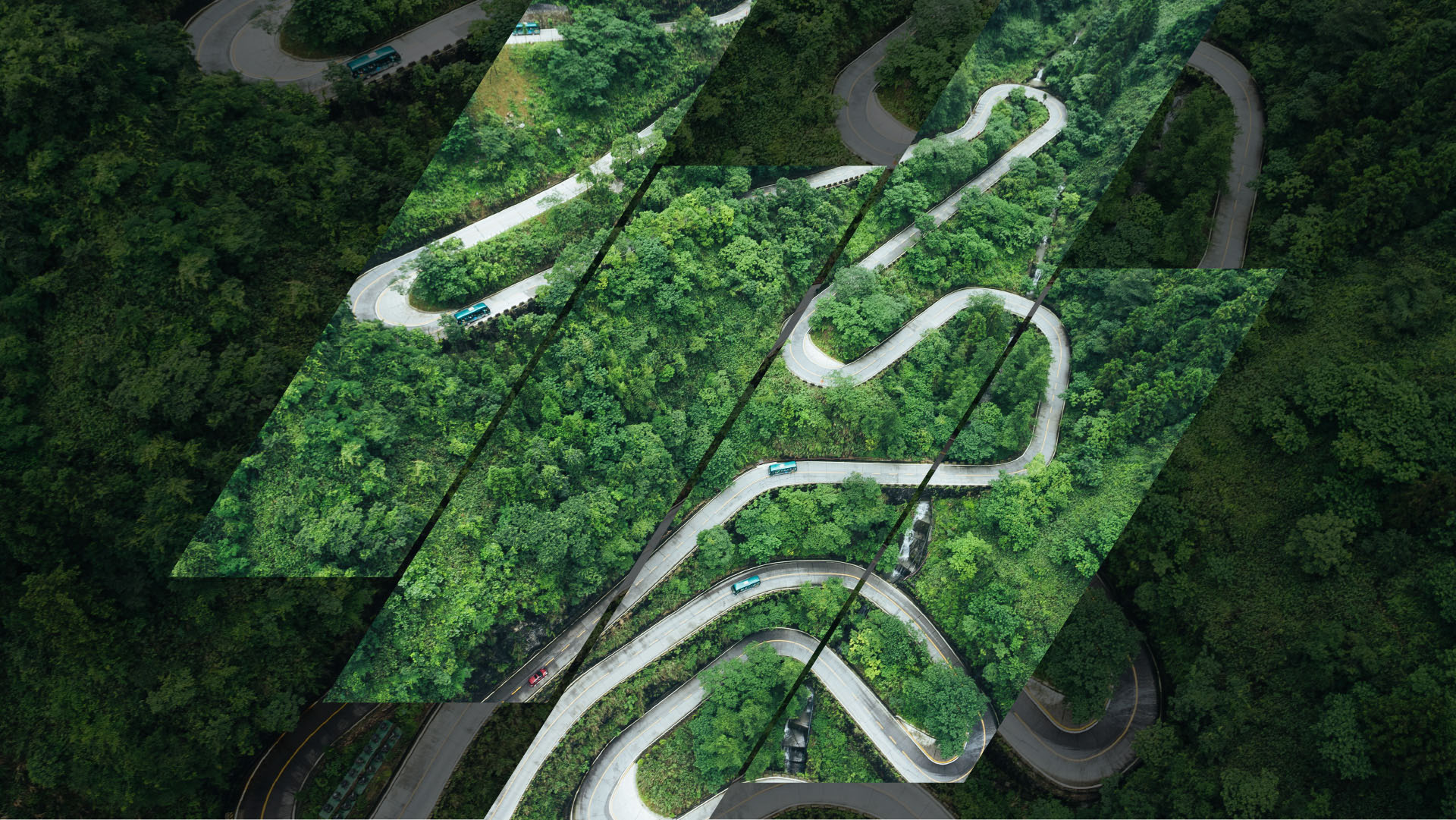
Energy transition
Subscribe and stay up to date with the latest legal news, information and events . . .

